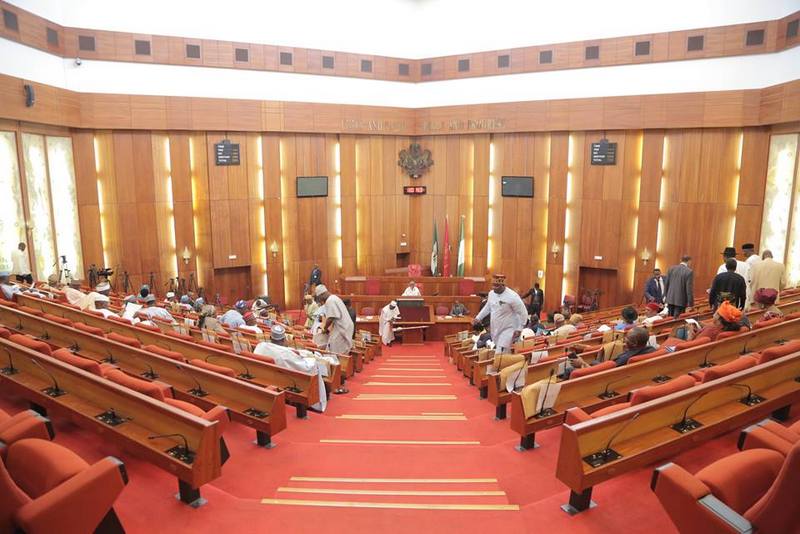- Have any questions?
- [email protected]
Federal tracker: Nigeria spends N3.4trn annually to import rice, wheat, fish and others

Senate to probe N213bn CBN power intervention fund
18 December 2016
Budget tracker: Gov. Abubakar Bello of Niger presents N108.07 billion budget for 2017
18 December 2016by Alabi Usman
Statistics obtained from the CBN has shown that about N3.4 trn is spent annually in Nigeria to import four food items-rice, wheat, fish, and sugar.
The punch newspaper also reported that a document of the Federal Government also showed that the amount spent on importation in Nigeria is expected to increase to N9.9trn in 2017 owing to slow economic recovery.
However, after recovery, it was projected that the country would begin to see a significant reduction in the level of importation from N9.9tn in 2017 to N9.34tn and N8.79tn in the 2018 and 2019 fiscal periods, respectively.
Mr. Woritka Gotring, the Acting Director, Trade and Exchange Department, said the huge preference for imported items especially rice, wheat, fish and sugar by many Nigerians if left unchecked could worsen the economic recession currently facing the country.
Gotring said the depletion in the country’s external reserves was largely due to the huge demand for foreign exchange, adding that this was a major reason a lot of actions were taken in that direction by the apex bank in recent times. He said the situation the economy is currently going through caused by the decline in foreign exchange inflows could be better managed with patronage of made in Nigeria products.
He however called for increased investment in agriculture, mining and solid minerals, and infrastructure in order to lower the cost of doing business.
How best do you think the government can encourage Nigerians to patronize locally made goods?


1 Comment
I think all the restrictions on importation of some of this foods items has left some Nigerians with no choice but to settle for the locally made food because these imported goods are too expensive.